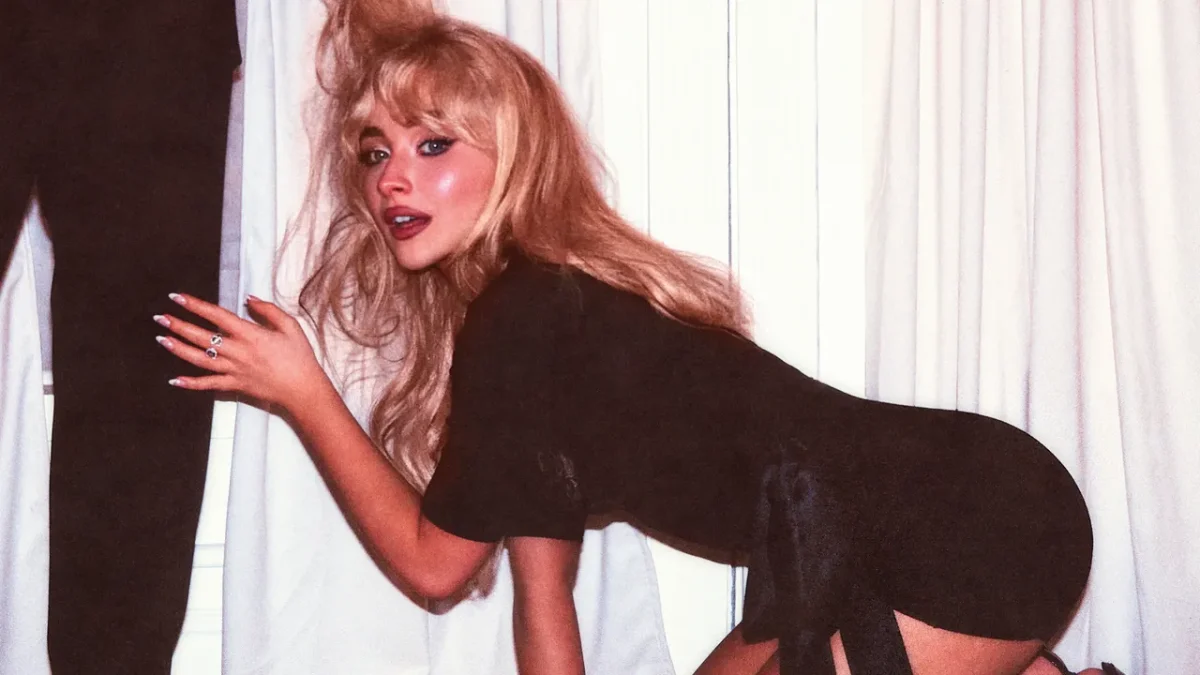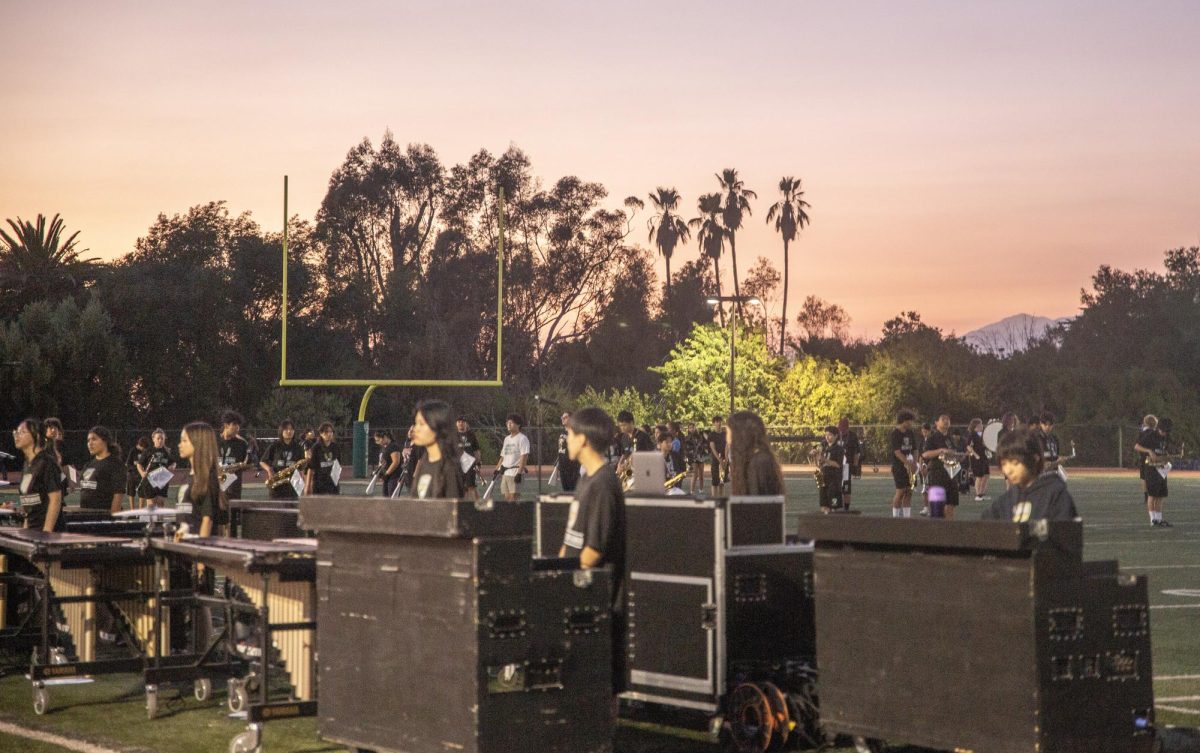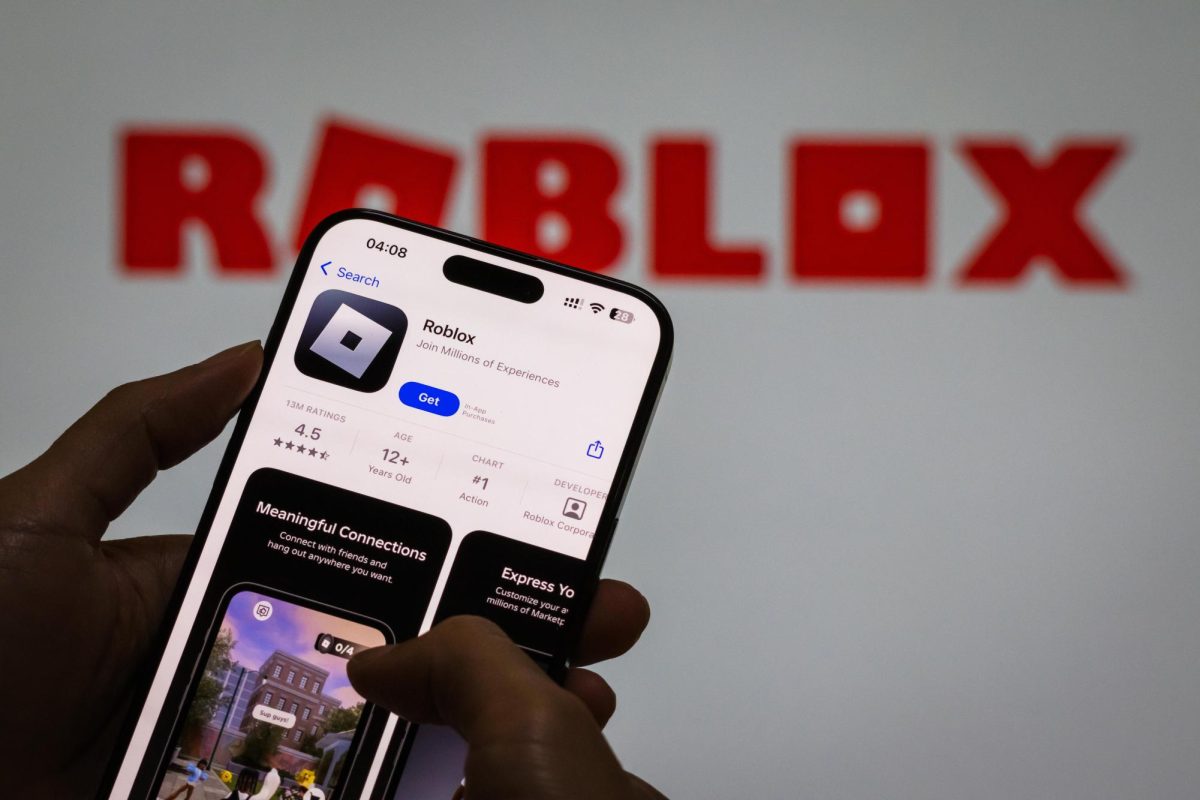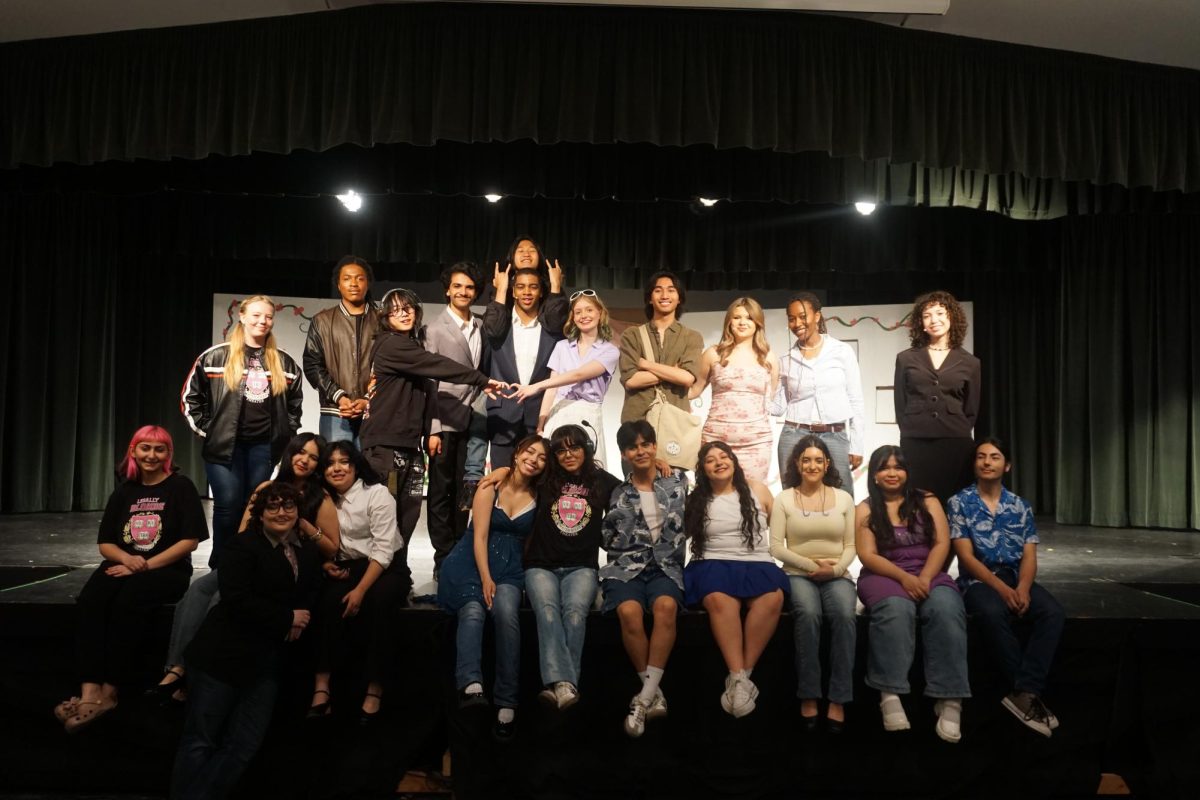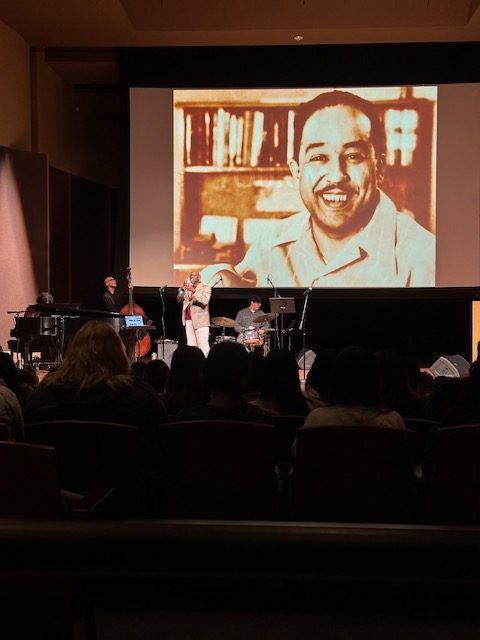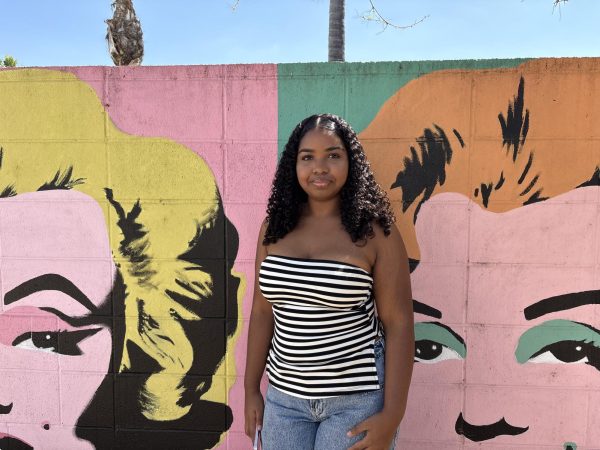Sabrina Carpenter’s seventh studio album, “Man’s Best Friend”, released on August 29, has captured the attention of pop culture. The album is a collaboration with co-producers Jack Antonoff and John Ryan, delivering a mix of genres including disco-pop, country-pop and funk.
The album’s opening track immediately sets an upbeat tone that differs from Carpenter’s typical musical style. The album features varied beats and incorporates hidden meanings woven throughout the lyrics. She drew inspiration from established artists to bring her album together.
Rolling Stone magazine said, “She’s a little bit ABBA and a lotta bit Dolly: the Pennsylvania-native hits a charming Southern twang over swathes of synths, airy guitar riffs, and funky nü-disco beats.”
The range of emotions Carpenter expresses in her album has made it more relatable for fans.
“I was just going through a lot and I was like, ‘well, I could either, you know, sit and sulk about it, or I could write about it,’ and it doesn’t mean I have to put any of this out,” Carpenter said to “CBS Mornings.”
Sabrina’s most popular song on the album, “Manchild” has successfully charted No.1 on the Billboard Hot 100 and has been the latest pop hit and summer anthem. This song addresses the challenges of dealing with immature men.
“I wrote ‘Manchild’ on a random Tuesday with Amy and Jack not too long after finishing ‘Short n ‘Sweet’ and it ended up being the best random Tuesday of my life,” Carpenter said.
Fans speculate that the album’s closing track, “Goodbye,” references Carpenter’s breakup with actor Barry Keoghan. The pair dated for roughly a year and publicly acknowledged their relationship, with Keoghan even appearing in the “Please Please Please” music video. While Carpenter hasn’t confirmed the song’s subject, the song blends humor and heartache as she processes the end of a romantic relationship.
Across the 12 songs on the album, Carpenter does not hold her tongue, delivering sharp and unfiltered commentary, which is a part of Carpenter’s sarcasm. However, critics misinterpreted Carpenter’s message, mistaking her confidence as overly sexualized. The lyrics demonstrate her willingness to confront uncomfortable truths without sugarcoating her message.
“The album is not for any pearl clutchers,” Carpenter said to “CBS News.”

